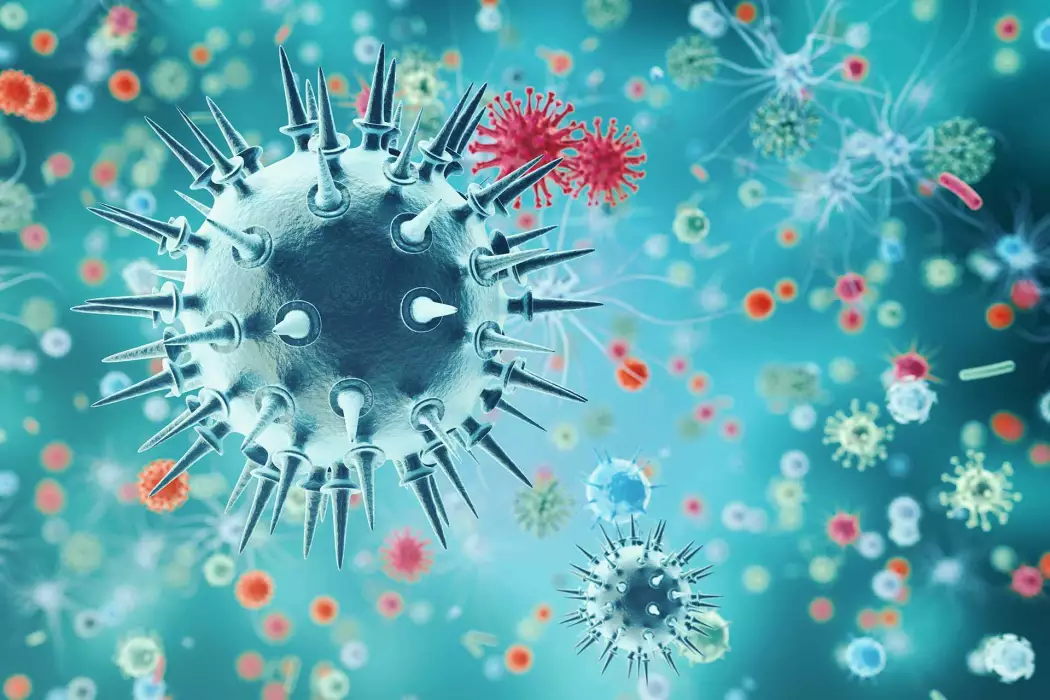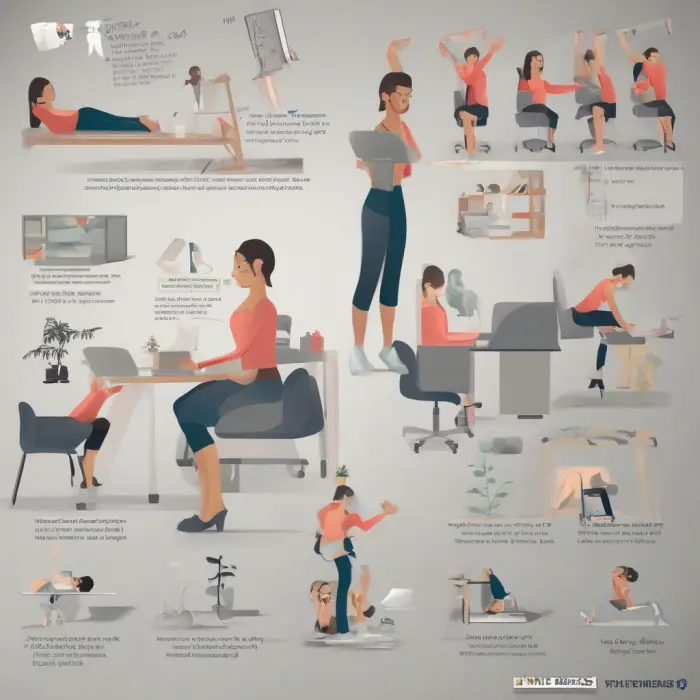Understanding and Managing Psoriasis: Skincare Tips for Comfort
Psoriasis is a common, long-term inflammatory skin condition that speeds up the life cycle of skin cells, causing thick, scaly plaques that can itch, sting, or burn. While there is no cure yet, good skincare and lifestyle habits can make a major difference in comfort and flare frequency. This guide explains the basics and shares practical, evidence-informed tips you can start today.
Important: This information is educational and not a substitute for medical advice. Always consult a healthcare professional for diagnosis and individualized treatment.
What Is Psoriasis?
Psoriasis is an immune-mediated disease. In people with psoriasis, the immune system signals skin cells to grow and shed too quickly, leading to raised, red or violet plaques covered with silvery-white scale. It can appear anywhere, commonly on the elbows, knees, scalp, lower back, and nails. Psoriasis is not contagious.
Types include plaque (most common), guttate, inverse (skin folds), pustular, and erythrodermic (rare and severe). Some people also develop psoriatic arthritis, which causes joint pain, stiffness, and swelling.
Common Triggers to Watch
- Dry, cold weather and low humidity
- Skin injury or irritation (cuts, sunburn, friction, tattoos, harsh scrubs) — called the Koebner phenomenon
- Stress and poor sleep
- Infections (e.g., strep throat can trigger guttate psoriasis)
- Certain medications (examples: some beta-blockers, lithium, antimalarials; never stop a prescription without medical advice)
- Smoking and heavy alcohol use
- Fragrances and harsh cleansers
Tracking your flares in a simple journal or phone note can help identify personal triggers.
Daily Skincare Routines
Core Principles
- Moisturize generously and often: Thick creams or ointments (petrolatum, ceramides, shea butter) are usually more effective than lotions. Apply within 3 minutes after bathing to lock in moisture.
- Choose gentle products: Fragrance-free, dye-free, alcohol-free cleansers and moisturizers labeled “for sensitive skin.” Avoid harsh scrubs and loofahs.
- Short, lukewarm baths or showers: 5–10 minutes is ideal. Hot water can worsen dryness and itch.
- Pat dry, don’t rub: Leave skin slightly damp before moisturizing.
- Humidify your space: A cool-mist humidifier can help in dry climates or during winter.
- Soft fabrics: Wear breathable cotton or moisture-wicking blends. Avoid rough wool directly on plaques.
Simple Morning Routine
- Cleanse areas that need it with a gentle, fragrance-free cleanser.
- Apply prescribed topicals to affected areas if part of your plan.
- Seal with a thick moisturizer over the entire body, focusing on plaques and dry areas.
- Use sunscreen (SPF 30+) on exposed skin; choose fragrance-free mineral formulas if sensitive.
Simple Evening Routine
- Lukewarm bath or shower; consider an oatmeal bath to soothe itch.
- Apply medicated creams/ointments as directed by your clinician.
- Layer on a rich moisturizer. For stubborn plaques, ask your clinician about occlusion (covering with plastic wrap or dressings) to enhance absorption—only if recommended.
Helpful Add-Ons
- Bath soaks: Colloidal oatmeal or dead sea/Epsom salt (10–15 minutes) can soften scale; rinse and moisturize after.
- Scale softeners: Over-the-counter salicylic acid products can help lift scale; use as directed and avoid on large areas without medical advice.
- Spot treatments: Coal tar preparations may reduce scaling and itch; they can stain fabric and have an odor—use before bed if tolerated.
Scalp Psoriasis Care
- Medicated shampoos: Look for coal tar or salicylic acid. Massage into the scalp and leave on as directed before rinsing. Alternate with a gentle, fragrance-free shampoo.
- Scale lift technique: At night, apply a light oil (mineral, coconut) to soften thick scale, cover with a shower cap, and gently loosen in the morning with a soft brush before washing.
- Be gentle: Avoid picking, which can worsen inflammation and cause bleeding.
- Styling tips: Use non-irritating, alcohol-free products; avoid tight hats that rub plaques.
Nail Care
- Keep nails trimmed and filed smooth to reduce lifting and catching.
- Moisturize nail plates and cuticles daily; consider urea-containing creams for thickened nails.
- Avoid artificial nails or harsh removers if they irritate or damage the nail surface.
- Wear gloves for wet work and cleaning.
Relieving Itch and Discomfort
- Cool, not hot: Cool compresses or brief cool showers soothe itch.
- Anti-itch lotions: Menthol or pramoxine-containing lotions may offer temporary relief.
- Mind the scratch cycle: Keep nails short; try a soft “press” on itchy areas instead of scratching.
- Night strategies: Heavier moisturizers, breathable sleepwear, and a slightly cooler bedroom can help. Sedating antihistamines sometimes help sleep, though they don’t treat psoriasis itself—ask your clinician.
- Stress relief: Relaxation, meditation, or gentle yoga can reduce stress-triggered flares.
Lifestyle and Whole-Body Health
Psoriasis is linked to systemic inflammation. Taking care of your overall health can support your skin.
- Don’t smoke; limit alcohol: Both can worsen psoriasis and reduce treatment response.
- Movement: Regular physical activity supports cardiovascular and joint health. Choose low-friction clothing and shower/moisturize after sweating.
- Weight management: Losing excess weight can improve symptoms and enhance treatment effectiveness.
- Nutrition: Emphasize a balanced, anti-inflammatory pattern (vegetables, fruits, lean proteins, whole grains, omega-3-rich fish). Some people notice benefits from reducing highly processed foods. Evidence for strict elimination diets is mixed—work with a clinician or dietitian.
- Sun exposure: Small amounts of safe sun can help some people, but avoid burns and use sunscreen on unaffected skin. Ask your clinician before intentional UV exposure, especially if using photosensitizing treatments.
- Sleep and stress: Aim for consistent sleep and stress-management routines.
Psoriasis can be associated with other conditions (cardiovascular disease, metabolic syndrome, depression and anxiety). Routine checkups matter.
Topical and Medical Treatments
Skincare supports comfort, while medical treatments target inflammation. Work with a dermatologist to build a plan.
Common Topicals
- Corticosteroids: Reduce redness and thickness. Potency and duration should be guided by a clinician, especially on the face, genitals, and skin folds.
- Vitamin D analogs (e.g., calcipotriene): Help slow skin cell growth, often combined with steroids.
- Calcineurin inhibitors (tacrolimus, pimecrolimus): Useful for sensitive areas (face, folds) where steroids may be risky.
- Coal tar and salicylic acid: Help with scale and itch; follow labels to avoid irritation.
Phototherapy and Systemic Options
- Phototherapy (NB-UVB): Supervised light treatment can benefit widespread disease.
- Systemic medications/biologics: For moderate to severe psoriasis or psoriatic arthritis; these require prescription and monitoring.
Never combine treatments or change dosing without professional guidance.
Sensitive Areas and Special Situations
- Face, genitals, and skin folds: Use only clinician-recommended low-irritant treatments. Avoid high-potency steroids unless specifically directed.
- Children, pregnancy, and breastfeeding: Some treatments are not appropriate. Always consult a clinician for a safe plan.
- Shaving and hair removal: Soften skin first, use sharp clean razors or gentle methods, and moisturize after to minimize irritation.
- Tattoos and piercings: Can trigger new plaques (Koebner phenomenon). Discuss risks with your clinician.
When to Seek Medical Care
- Rapidly worsening or widespread redness and scaling
- Painful skin, fever, chills, or signs of infection (pus, warmth)
- Eye symptoms (redness, pain, vision changes)
- Joint pain, swelling, or morning stiffness lasting more than 30 minutes (possible psoriatic arthritis)
- No improvement with over-the-counter care after several weeks
- Impact on sleep, work, school, or mood—support is available
Quick Comfort Checklist
- Use a gentle, fragrance-free cleanser
- Moisturize within 3 minutes after bathing
- Keep showers short and lukewarm
- Run a humidifier in dry weather
- Wear soft, breathable fabrics
- Identify and reduce personal triggers
- Protect skin from injury and sunburn
- Manage stress and prioritize sleep
- Talk with a clinician about appropriate topicals or other therapies
Frequently Asked Questions
Is psoriasis contagious?
No. You cannot catch or spread psoriasis through touch.
Will diet cure my psoriasis?
No single diet cures psoriasis. However, maintaining a healthy weight and an overall anti-inflammatory eating pattern may reduce flare severity for some people.
Can I exfoliate plaques?
Be cautious. Harsh scrubbing can worsen lesions. If needed, use chemical softeners like salicylic acid as directed or ask your clinician about safe methods.
What about the sun—helpful or harmful?
Small, controlled exposure may help some, but sunburns can trigger flares. Use sunscreen on unaffected areas and consult your clinician if considering phototherapy or additional sun.
How long until I see improvement?
With consistent skincare and appropriate treatment, improvements may appear in a few weeks. Chronic conditions can ebb and flow—stick with your plan and follow up with your clinician.










